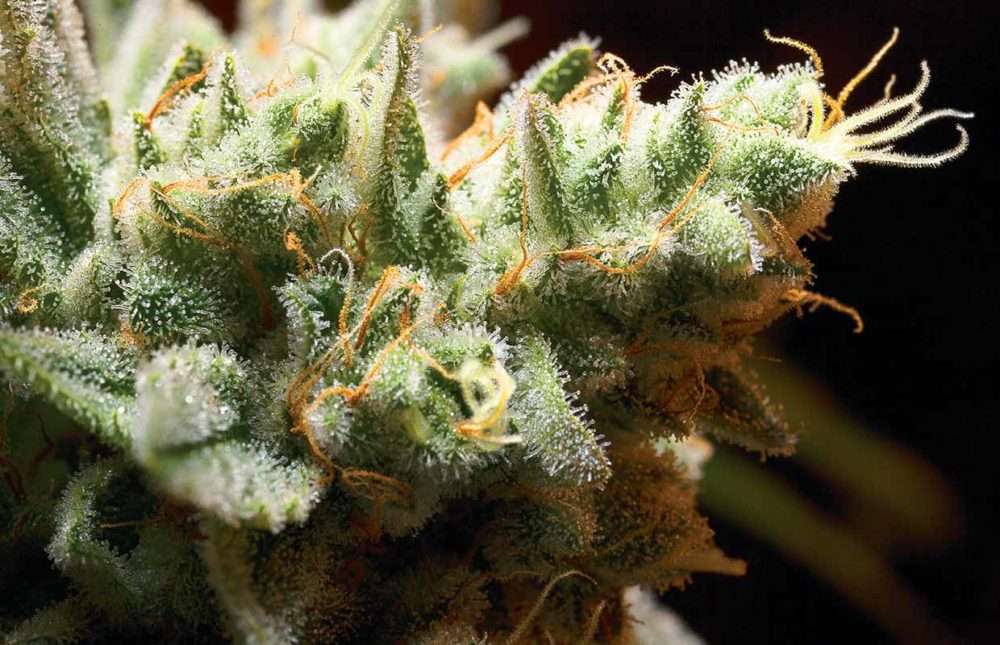
Politics
Legal Cannabis Unfolds in Massachusetts & Vermont — Very Slowly
On July 1, a new chapter began for legal cannabis in two New England states — at least in theory, as Vermont’s adult use law took effect and Massachusetts was slated to see the first legal adult-use sales. However, the Vermont law doesn’t allow for commercial sales and legal sales in Massachusetts remain delayed.
Vermont on July 1 formally became the ninth state in America to legalize adult-use cannabis — and the first to do so through its state legislature rather than a popular initiative.
The law that just took effect in Vermont allows adults to possess up to one ounce of cured marijuana, as well as two mature and four immature plants per housing unit. It does not, however, create a system for commercial sales, which meant the state saw no long lines at dispensaries and no historic first sale on July 1.
Vermont’s Ambiguous Start
Gov. Phil Scott signed Act 86, Vermont’s legalization law, in January with “mixed emotions,” after having vetoed an earlier version of the law in May of 2017, saying it failed to provide tough enough strictures on public use and sales to minors. But the Burlington Free Press says the new law allows for adult cannabis use only “within boundaries of some clear and not-so-clear rules.” Among the cited ambiguities are how police will enforce the one-ounce limit when it comes to edibles, the definition of public consumption and what exactly constitutes a “secure” grow site.
In addition to not being able to legally smoke in public or on the roads — even in an automobile — Vermonters are also forbidden to light up on Lake Champlain, which is a federal waterway. Growers whose plants yield more than an ounce can keep the extra bud at home, but are barred from leaving the house with more than the permitted ounce. And commercial sales are also verboten. As Vermont Public Radio explains, anyone who breaks their legal ounce up into joints and sells them at the local farmer’s market would be committing an offense punishable by up to two years in prison and a fine of up to $10,000, Fortunately, giving the stuff away for free is not considered a “sale.” It’s legal — as long as it is under an ounce.
Legal sales may be coming to Vermont, eventually. The governor’s Marijuana Advisory Commission is expected to release a report by year’s end with recommendations for licensing and taxing a legal market. As Cannabis Business Times notes, outlets established for the medical market, such as the Champlain Valley Dispensary in Burlington, are eagerly awaiting this report to see if there is potential for transition to a recreational market.
Vermont’s medical marijuana program, established in 2004, has 5,000 registered patients, who can legally possess up to two ounces.
Massachusetts Still Waits for Legal Sales
Technically, nothing changed in Massachusetts on July 1. The commonwealth’s legalization law was approved by popular vote with Question 4 in November 2016, and took effect the following month. But the Bay State’s herbal enthusiasts are still awaiting the first legal sales. The real legal turning point where this is concerned came on June 1 of this year. On that day, the Massachusetts Cannabis Control Commission was formally empowered to start issuing licenses for commercial sales. July 1 was simply named as the target date by which such sales were expected to begin. But in truth, little has happened.
As Springfield’s The Republican reports, the commission has thus far issued only one license — to Sira Naturals, allowing the company to grow cannabis for recreational use at its existing medical marijuana cultivation facility in Milford. A first licensing request for a retail outlet, from Cultivate Holdings in Leicester, is still under consideration.
And as New England Public Radio reports, the lack of progress on legal sales is expected to mean a new lease on life for the illegal market.
“There’s just not enough dispensaries, there’s not enough cultivators, there’s not enough manufacturers, legally,” said Kamani Jefferson, president of the Massachusetts Recreational Consumer Council, in comments to the radio station.
Massachusetts does have 22 dispensaries operating under the state medical program, established by popular vote in 2012. But it may be a while before any of these are able to transition to the recreational market.
TELL US, do you support Vermont’s adult-use cannabis system where there are no dispensaries?























